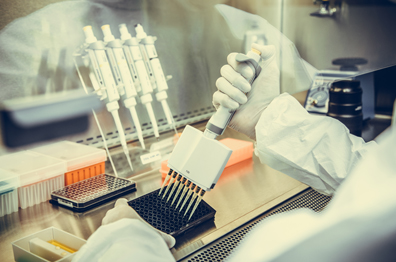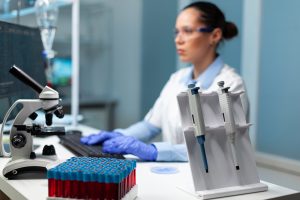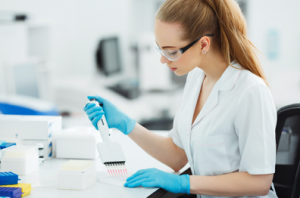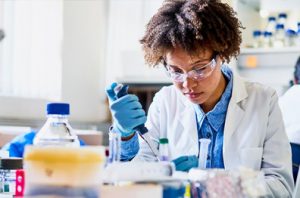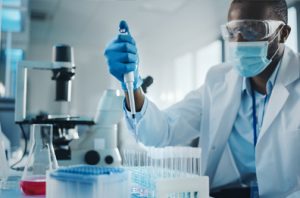Pipetting is an essential technique that has been widely used in various scientific fields for decades. However, with the advancement of technology, pipetting has undergone significant changes, leading to improvements in accuracy, efficiency, and sustainability. In this blog, we will explore some of the latest advancements in pipetting and their applications in the modern world.
1.Automated Pipetting Systems
Automated pipetting systems, such as electronic pipettes, have gained popularity in recent years due to their increased accuracy, precision, and reproducibility. They provide faster and more efficient sample preparation, particularly in high-throughput applications. The precision and reliability of automated pipetting systems also make them ideal for experiments that require reproducible results.
2.Microfluidics
Microfluidics is another technology that has revolutionized pipetting in the modern world. Microfluidic devices use small channels and chambers to manipulate and measure tiny volumes of fluids accurately. They have found applications in medical diagnostics, drug development, DNA sequencing, and single-cell analysis, among others. Microfluidic devices can analyze multiple samples in parallel, reducing the time and resources required for large-scale experiments.
3.Pipette Tracking Software
Pipette tracking software is now available, allowing researchers to track and document pipetting activities while complying with Good Laboratory Practice (GLP) and other regulatory requirements. These software systems provide real-time monitoring and documentation of pipetting activities, increasing the accuracy and reproducibility of experiments.
4.Sustainable Pipetting
Sustainability is a critical consideration in today’s world, and pipetting is no exception. To reduce waste, some manufacturers produce reusable pipette tips made from durable materials such as stainless steel or autoclavable plastics. In addition, some companies offer recycling programs for used pipette tips and boxes, reducing the environmental impact of pipetting.
In conclusion, the evolution of pipetting has contributed significantly to scientific progress in the modern world. The advancements in automated pipetting systems, microfluidics, pipette tracking software, and sustainable pipetting have led to faster, more accurate, and more sustainable experiments. With these technologies, researchers can achieve groundbreaking results and drive innovation in their respective fields. Regenerate response

